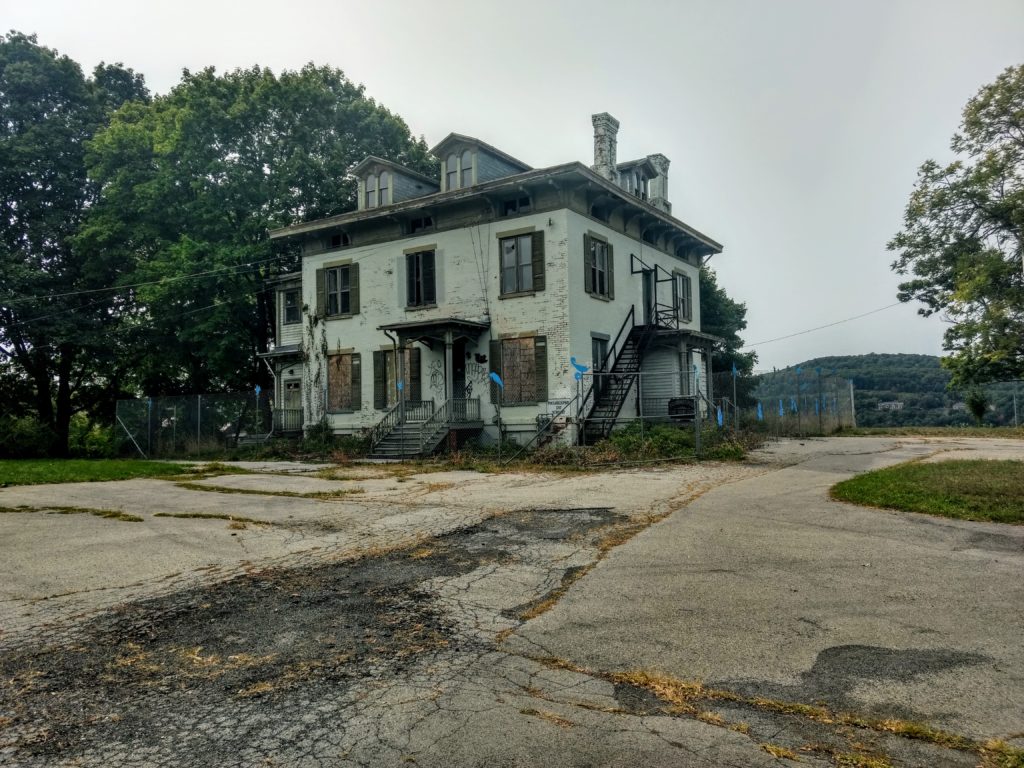POUGHKEEPSIE – The court decision that blocked the Pelton Manor project in Poughkeepsie will be reopened and reargued due to the “clandestine” actions of project opponent Ken Stier. A hearing before Acting Supreme Court Justice Michael Hayes determined that Stier wrote letters to the court and shared them with former council chairwoman Sarah Salem, who also opposed the project. Because the council was a party to the litigation, the communications from Stier should have been turned over to the attorneys for both sides, which did not occur.
The original plans by the Pelton Partners, developers Steven Tinkelman and Wayne Nussbickel. were to create apartments in the 1859 Italianate-style mansion. After opposition from neighbors, including Stier, the project was redesigned to be more in line with the neighborhood. The redesigned plans included an arts center and helped the plan win the approval of the city’s arts commission.
When Rebecca Valk, the corporation counsel, discovered the questionable emails, she immediately notified the Pelton attorney and the court, which she is ethically bound to do. The new discovery was the basis of a hearing before Judge Hayes. Through the discovery, it was learned that Stier wrote letters to Supreme Court Judge Christie D’Alessio, who presided over the original action to stop the project. Pelton attorney Ken Stenger argued to reopen the matter, saying in court that Stier’s actions create doubt and also “Creates a stain on the integrity of the outcome.”
Corporation Counsel Valk found herself in an unusual position at the hearing, having to explain the discovery of the material, denounce the actions of Stier, and then argue that the original case should not be reopened.
In rendering his decision to set aside Judge D’Alessio’s decision, Judge Hayes put part of the blame on the court system itself. “To the extent that the communication should have been disclosed to the attorneys for the parties to this proceeding and was not, I see that as a court system failure,” but noted that it did not appear to be an intentional act of any one person in the court system. Judge Hayes continued, saying, “By making this improper attempt to clandestinely influence the Court, it does create, in my mind, an incurable stain on the proceedings. It’s a stain created by Mr. Stier,” adding, “I am certain that he intended for that communication to remain clandestine.”
If the Stier communications had not been discovered, it is likely that the Pelton Manor project that he was fighting against, would have been stopped. Now, however, the case will be reargued and there is potential that the development project moves forward. Judge Hayes implied so in his decision, saying, “So Mr. Stier by his attack on the integrity of the system has actually hurt the city as much as he attempted to hurt Pelton Partners.








